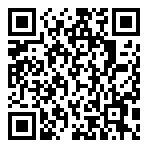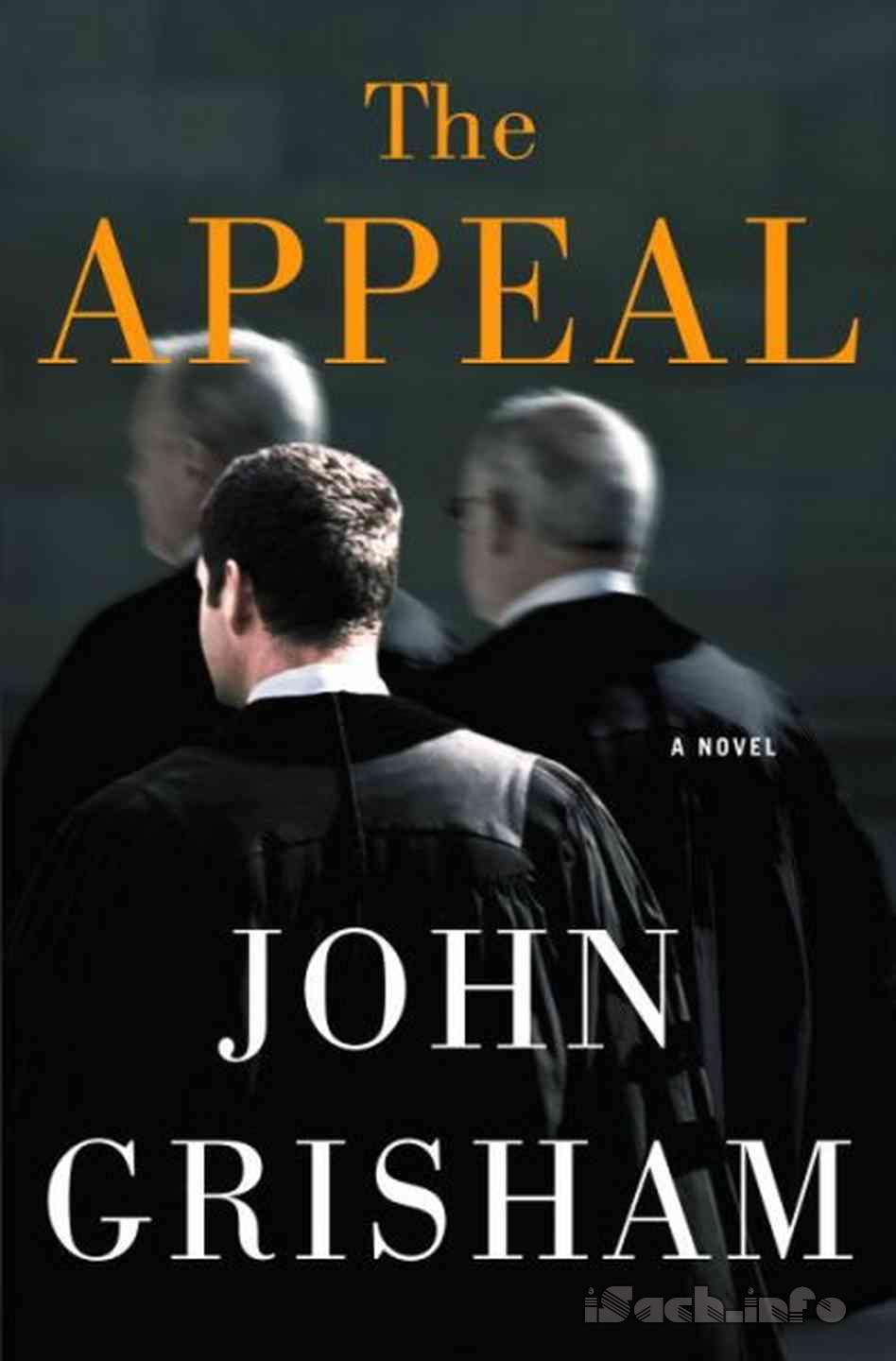Chapter 37
D
r Calvin Treet drove to Russburg and arranged a meeting with the ER physician who had read the wrong CT scan. After they examined the two scans, Josh's and the other patient's, they argued briefly before the doctor admitted that the emergency room that night had been chaotic and understaffed, and, yes, mistakes were made. The fact that he'd botched the treatment of the son of a supreme court justice was overwhelming. “Will the family file suit?” he asked, clearly shaken.“I don't know, but you should notify your insurance company.”
Treet took the file to Jackson and discussed it with Ron and Doreen. He walked them through standard CT scan procedure, then recounted his conversation with the ER doctor.
“What should've been done?” Doreen asked.
Treet knew the question was coming. He knew he would be asked by his friends to pass judgment on the performance of another doctor. He had decided days ago to be as honest as possible. "They should've brought him here immediately and removed the blood clot.
It's brain surgery, but it's not a complicated procedure. Josh would have been home two days after surgery, completely healed with no damage whatsoever."
“This CT scan was taken at eight o'clock Friday night,” Ron said. “You saw Josh in Brookhaven about nine hours later, right?”
“Something like that.”
“So for nine hours the pressure continued to build inside his skull?”
“Yes.”
“And the compression of the brain by the blood clot damages the brain?”
“Yes.”
There was a long silence as they danced around the obvious conclusion. Ron finally asked, “Calvin, what would you do if it were your kid?”
“Sue the bastard. It's gross negligence.”
“I can't sue, Calvin. I'd make a mockery out of myself.”
After a game of squash, a shower, and a massage in the Senate gym, Myers Rudd ducked into a limo and suffered through the late afternoon traffic like everyone else. An hour later, he arrived at the general aviation terminal at Dulles, and there he boarded a Gulfstream 5, the newest in the fleet owned by Mr. Carl Trudeau. The Senator did not know who owned the jet, nor had he ever met Mr. Trudeau, which in most cultures would seem odd since Rudd had taken so much money from the man. But in Washington, money arrives through a myriad of strange and nebulous conduits. Often those taking it have only a vague idea of where it's coming from; often they have no clue. In most democracies, the transference of so much cash would be considered outright corruption, but in Washington the corruption has been legalized. Senator Rudd didn't know and didn't care that he was owned by other people. He had over $11 million in the bank, money he could eventually keep if not forced to waste it on some frivolous campaign.
In return for such an investment, Rudd had a perfect voting record on all matters dealing with pharmaceuticals, chemicals, oil, energy, insurance, banks, and on and on.
But he was a man of the people.
He traveled alone on this night. The two flight attendants served him cocktails, lobster, and wine, and the meal was hardly over when the Gulfstream began its descent into Jackson International. Another limo was waiting, and twenty minutes after landing, The Senator was dropped off at a side entrance of the University Medical Center. In a room on the third floor, he found Ron and Doreen staring blankly at a television while their son slept. “How's the boy?” he asked with great warmth as they scrambled to get to their feet and look somewhat presentable. They were stunned to see the great man himself suddenly appearing from nowhere at 9:30 on a Tuesday night. Doreen couldn't find her shoes.
They chatted softly about Josh and his progress. The Senator claimed to be in town on business, just passing through on his way back to Washington, but he'd heard the news and felt compelled to drop in for a quick hello. They were touched by his presence.
In fact, they were rattled and found it hard to believe.
A nurse broke things up and declared it was time to turn off the lights. The Senator hugged Doreen, pecked her cheek, squeezed her hands, promised to do anything within his power to help, then left the room with Ron, who was startled to see no signs of an entourage hovering in the hallway. Not a single staffer, gofer, bodyguard, driver. No one.
The Senator had come to visit, all by himself. The gesture meant even more to Ron.
As they walked down the hall, Rudd offered the same quick “Howdy” and the same plastic grin to everyone they passed. These were his people, and he knew that they adored him. He was blathering on about some mundane fight in Congress, and Ron was trying to appear captivated while suddenly wishing the man would just wrap things up and leave. At the exit doors, Rudd wished him well, promised to pray for the family, and extended offers to help on any front.
As they shook hands, The Senator, almost as an afterthought, said, "By the way, Judge, it'd be nice to finish that Krane appeal."
Ron's hand went limp and his jaw dropped. He tried to think of a response. As he treaded water, The Senator gave his parting shot. "I know you'll do the right thing.
These verdicts are killing our state."
Rudd grabbed his shoulder, blessed him with another plastic grin, then walked through the doors and disappeared.
Back in the limo, Rudd ordered the driver to the suburbs north of town. There he would spend the night with his Jackson mistress, then hustle back to D.C. on the Gulfstream early in the morning.
Ron lay on the cot and tried to settle himself in for another long night. Josh's sleep patterns had become so erratic that every night was a new adventure. When the nurse made the rounds at midnight, both father and son were wide awake. Doreen, thankfully, was at the motel, fast asleep thanks to little green pills the nurses were sneaking to them. Ron took another one, and the nurse gave Josh his own sedative.
In the awful darkness of the room, Ron grappled with the visit by Senator Rudd. Was it a simple matter of an arrogant politician stepping over the line to help a big donor? Rudd relentlessly took money from anyone who wanted to hand it out, legally, so it would be no surprise if he'd taken a bundle from Krane.
Or was it more complicated than that? Krane had not contributed one dime to the Fisk campaign. Ron had combed through the records after the election when he, too, had been shocked at the cash raised and spent. He had argued and fought with Tony Zachary about where the money came from. It's all right there in the reports, Tony said over and over. And Ron had studied the reports. His donors were corporate executives and doctors and defense lawyers and lobbying groups, all dedicated to limiting liability.
He knew that when his campaign began.
He smelled a conspiracy, but fatigue finally engulfed him.
Somewhere in the deep murkiness of a chemical-induced sleep, Ron heard the steady clicking of something he couldn't identify. Click, click, click, click, the same sound over and over and very rapid. It was near him. He reached through the darkness and felt Josh's bed, then he bolted to his feet. In the dim light from the bathroom, he could see his son in the grips of a grotesque seizure. His entire body was shaking violently. His face contorted, his mouth open, his eyes wild. The clicking and rattling got louder. Ron pushed the button to call the nurses, then he grabbed Josh by the shoulders and tried to settle him. He was astounded at the ferocity of the attack.
Two nurses swept in and took charge. A third was right behind them, then a doctor.
There was little to be done except stick a depressor in Josh's mouth to prevent an injury to his tongue.
When Ron couldn't watch any longer, he backed away, into a corner, and looked at the surreal image of his badly damaged son lost in a crowd of helping hands while the bed still shook and rails still clicked. The seizure finally relented, and the nurses were soon washing his face with cool water and speaking in childlike voices.
Ron eased from the room for another mindless hike through the corridors.
The seizures continued off and on for twenty-four hours, then abruptly stopped. By that time, Ron and Doreen were too weary and frazzled to do anything but stare at their son and pray that he remained still and calm. Other doctors arrived, all grim faced and uttering incomprehensible words among themselves. More tests were ordered, and Josh was taken away for hours, then brought back.
Days passed and blurred together. Time meant nothing.
On a Saturday morning, Ron sneaked into his office at the Gartin building. Both clerks were there, at his request. There were twelve cases to decide, and Ron had read their brief summaries and recommendations. The clerks had their own little docket prepared and were ready for the roll call.
A rape conviction from Rankin County. Affirmed, with a unanimous court.
An election dispute from Bolivar County. Affirmed, with seven others.
An extremely dull secured-transaction brouhaha from Panola County. Affirmed, with a unanimous court.
And so on. With Ron preoccupied and showing little interest in the work, the first ten cases were disposed of in twenty minutes.
“Baker versus Krane Chemical” a clerk said.
“What's the buzz?” Ron asked.
“Four-four split, with everybody throwing knives. Calligan and company are quite nervous about you. McElwayne and his side are curious. Everybody's watching, waiting.”
“They think I've cracked up?”
“No one's sure. They think you're under a great deal of stress, and there's speculation about some great cathartic flip-flop because of what's happened.”
“Let 'em speculate. I'll wait on Baker and that nursing home case.”
“Are you considering a vote to uphold the verdicts?” the other clerk asked.
Ron had already learned that most of the court's gossip was created and spread by the network of clerks, all of them.
“I don't know,” he said. Thirty minutes later, he was back at the hospital.



 ePub
ePub A4
A4